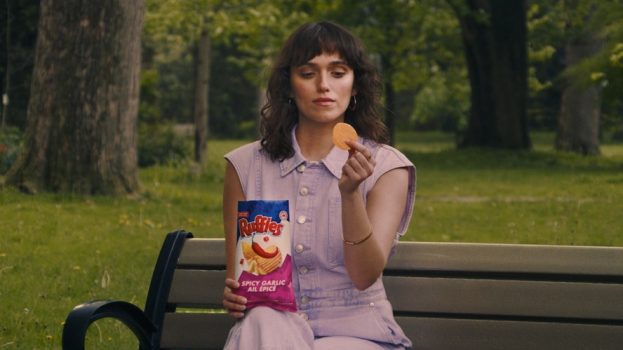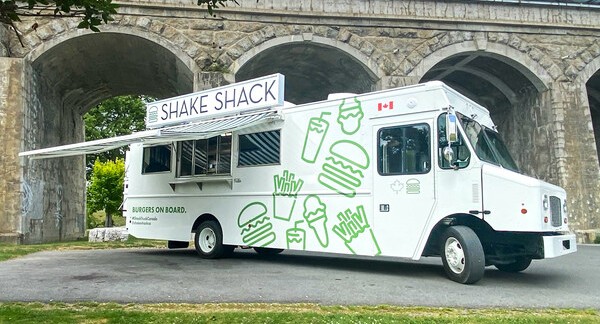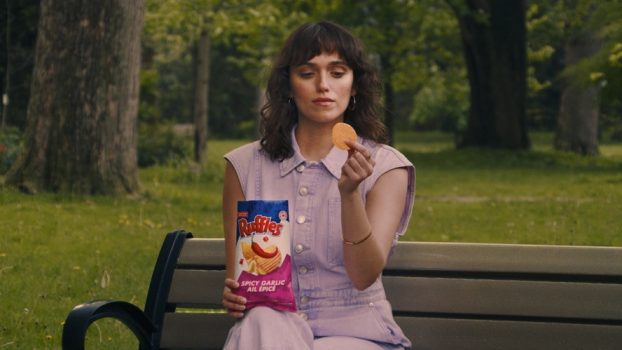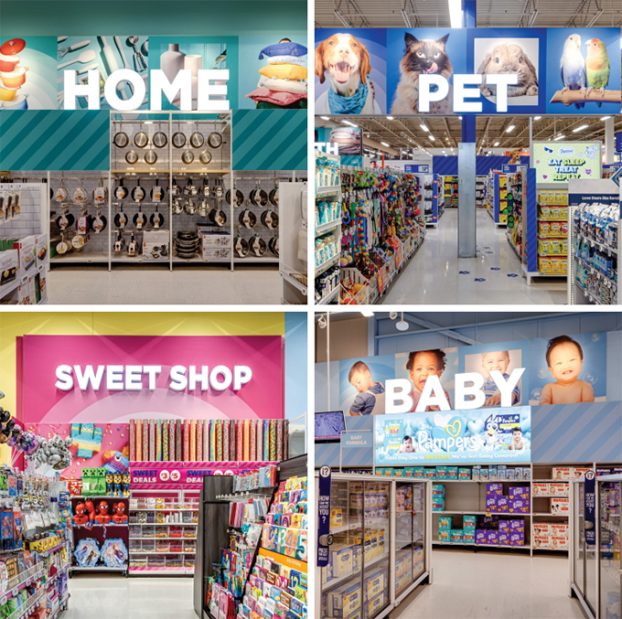Hellmann’s Canada is inviting Animal Crossing players to make a trip to to reach Canadian gamers and inform them of efforts to combat food waste.
Animal Crossing: New Horizons is the latest edition of Nintendo’s slice-of-life video game, where a player creates and manages an island inhabited by anthropomorphic animals, collecting bugs and decorating their home for a leisurely, relaxing experience. Turnips are a special item in the game: purchased and sold at the in-game “Stalk Market,” their price fluctuates day-to-day. This means players can sell them for a profit, but their short shelf life means they will spoil if not sold within one week.
But from Aug. 17 to 22, gamers can direct message Hellmann’s Canada on Twitter to receive a “dodo code.” The code is typically used as a way for friends to visit each other’s island in-game, but in this case will allow players to visit an island Hellmann’s has specifically created for players to drop off their spoiled turnips. In exchange for each turnip, Hellmann’s will donate a meal to Second Harvest, Canada’s largest food rescue charity, to help provide a maximum of 25,000 meals for vulnerable communities across the country.
“When we noticed spoiled turnips is a real tension point for many Animal Crossing players, we wanted to take advantage of the insight to create a fun consumer experience that would have real world impact,” says Gina Kiroff, director of foods at Unilever Canada. Eliminating food waste has been a major CSR effort for Hellmann’s in recent years, becoming a highly visible pillar of its “Real Food Movement” brand platform.
The island features attractions like Hellmann’s Farm, where users can see freshly laid eggs and free-run hens, as well as a recreation of Second Harvest’s Outdoor kitchen, which has sandwiches and produce prepped by the charity. There is also a place to get in-game Hellman’s merch (something many brands have done to integrate themselves into the hugely popular game), a bulletin board with tips on how to reduce food waste, and a pole vault game where gamers can leap over an an island shaped like Hellmann’s brand ribbon.
Released on March 20 at the outset of the pandemic, the latest Animal Crossing game sold 11.7 million units in its first ten days, gaining popularity by offering an escape during a highly stressful and uncertain time (it has since sold 22.4 million units as of the end of June; while frequency of gameplay has dropped off slightly from the fever-pitch levels of its launch, that’s closer to how the game is supposed to be played).
Brands have been working their way into Animal Crossing since it was released, since gameplay elements encourage sharing designs for items and interacting with other players, which allows brands to create a presence there without buying media space. But the audience is also a major draw, and not just because of its size.
According to Kiroff, the interesting thing about Animal Crossing is that both it’s popularity and gameplay style means its has a broad audience that goes beyond your “typical gamer.” Hellmann’s, which leads market share in the mayonnaise category, typically communicates to its consumers through more traditional social and digital platforms, and hopes communicating with its existing demographic in a new way will help it extend and better educate Canadians about its food waste message.
Hellmann’s worked with Edelman and Ogilvy for the campaign.
























